Information overload driving up office worker stress
Infobesity is a syndrome many information workers are suffering from, according to experts
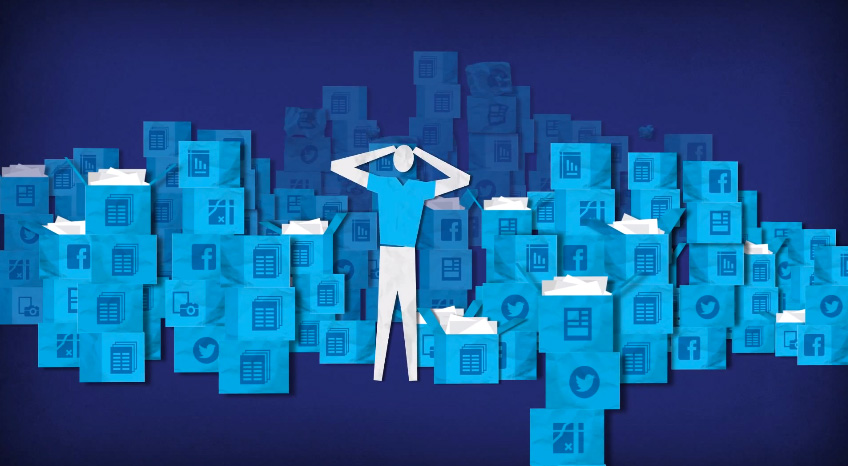

British office workers are suffering from "infobesity" an overconsumption of data that is impacting their health and efficiency at work, it has been claimed.
According to research carried out by Microsoft UK, 55 per cent of office workers in the country regularly experience information overload, with 34 per cent saying they feel overwhelmed by the amount of information they encounter at work.
When it comes to mobile devices, 40 per cent of those who use them for work said they felt under constant pressure to check the device just in case they miss something, while 45 per cent felt under pressure to respond immediately, irrespective of where they are or what they are doing.
It is perhaps not surprising then that 58 per cent of respondents admitted to checking for work messages within 15 minutes of waking up in the morning. Furthermore, 52 per cent said it was one of the last things they did before going to bed at night.
Around 30 per cent of those surveyed said this information deluge has a negative impact on their job satisfaction and on their health and wellbeing.
Dave Coplin, Microsoft's UK chief envisioning officer, who has written a book on the subject, believes businesses are tackling data in the wrong way.
Instead of dumping everything onto workers, who are then overwhelmed, technology can be used to filter information and carry out behind the scenes analytics, meaning workers only have to handle snack-size amounts of information.
Get the ITPro daily newsletter
Sign up today and you will receive a free copy of our Future Focus 2025 report - the leading guidance on AI, cybersecurity and other IT challenges as per 700+ senior executives
This in turn gives them more room to be creative, as well as feeling empowered and in control of their workload, rather than buried by it.
"Multi-tasking is not a human trait, it is a computer trait developed by computer scientists in the 1960s," Coplin told IT Pro's sister title PC Pro.
Once both employees and their bosses realise this, the heavy lifting can be returned back to the realm of technology, through business intelligence and big data analytics, and users can start to wean themselves off the "always on" culture that permeates the Anglo-Saxon world.
"The whole point of technology is knowing when to turn it off to give you room to think or relax, and when to turn it on to help you be more effective in your role," Coplin concluded.
Cloud Pro, IT Pro and PC Pro are organising an exclusive 'Good BYOD, Bad BYOD' event on Tuesday 24 June in central London, where Dave Coplin and Paul Ockenden will be speaking.
The event is for IT managers, IT directors and CIOs who are looking for real-world best practice - and worst practice - on how to roll out BYOD policies. If you're interested in attending, register your interest here.

Jane McCallion is Managing Editor of ITPro and ChannelPro, specializing in data centers, enterprise IT infrastructure, and cybersecurity. Before becoming Managing Editor, she held the role of Deputy Editor and, prior to that, Features Editor, managing a pool of freelance and internal writers, while continuing to specialize in enterprise IT infrastructure, and business strategy.
Prior to joining ITPro, Jane was a freelance business journalist writing as both Jane McCallion and Jane Bordenave for titles such as European CEO, World Finance, and Business Excellence Magazine.
-
 Cleo attack victim list grows as Hertz confirms customer data stolen
Cleo attack victim list grows as Hertz confirms customer data stolenNews Hertz has confirmed it suffered a data breach as a result of the Cleo zero-day vulnerability in late 2024, with the car rental giant warning that customer data was stolen.
By Ross Kelly
-
 Lateral moves in tech: Why leaders should support employee mobility
Lateral moves in tech: Why leaders should support employee mobilityIn-depth Encouraging staff to switch roles can have long-term benefits for skills in the tech sector
By Keri Allan
-
 Rebooting your BYOD strategy
Rebooting your BYOD strategyIn-depth With hybrid working becoming the norm, there's a need for a device management overhaul. What does BYOD 2.0 look like?
By Kate O'Flaherty
-
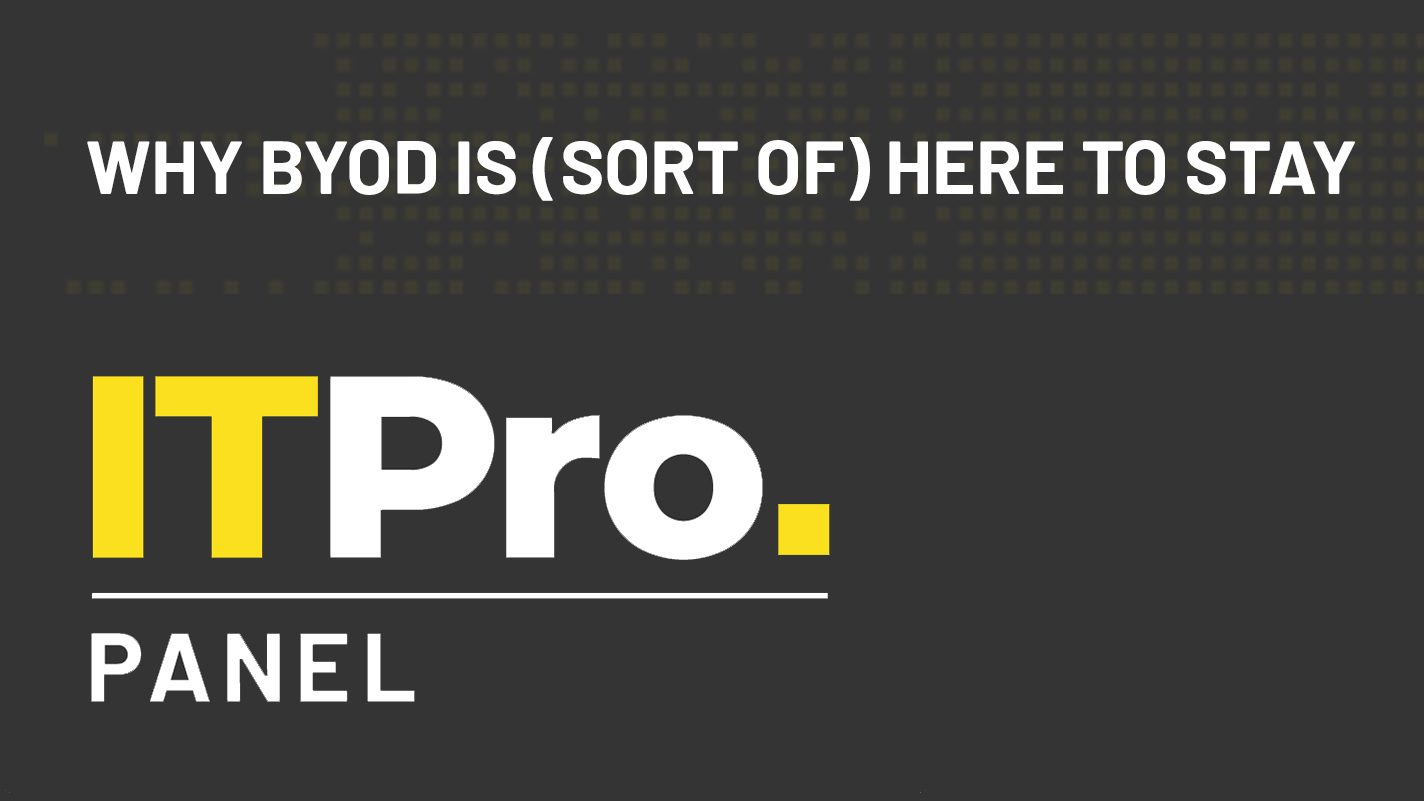 IT Pro Panel: Why BYOD is (sort of) here to stay
IT Pro Panel: Why BYOD is (sort of) here to stayIT Pro Panel CIOs explain why they aren’t going all-in on personal devices
By Adam Shepherd
-
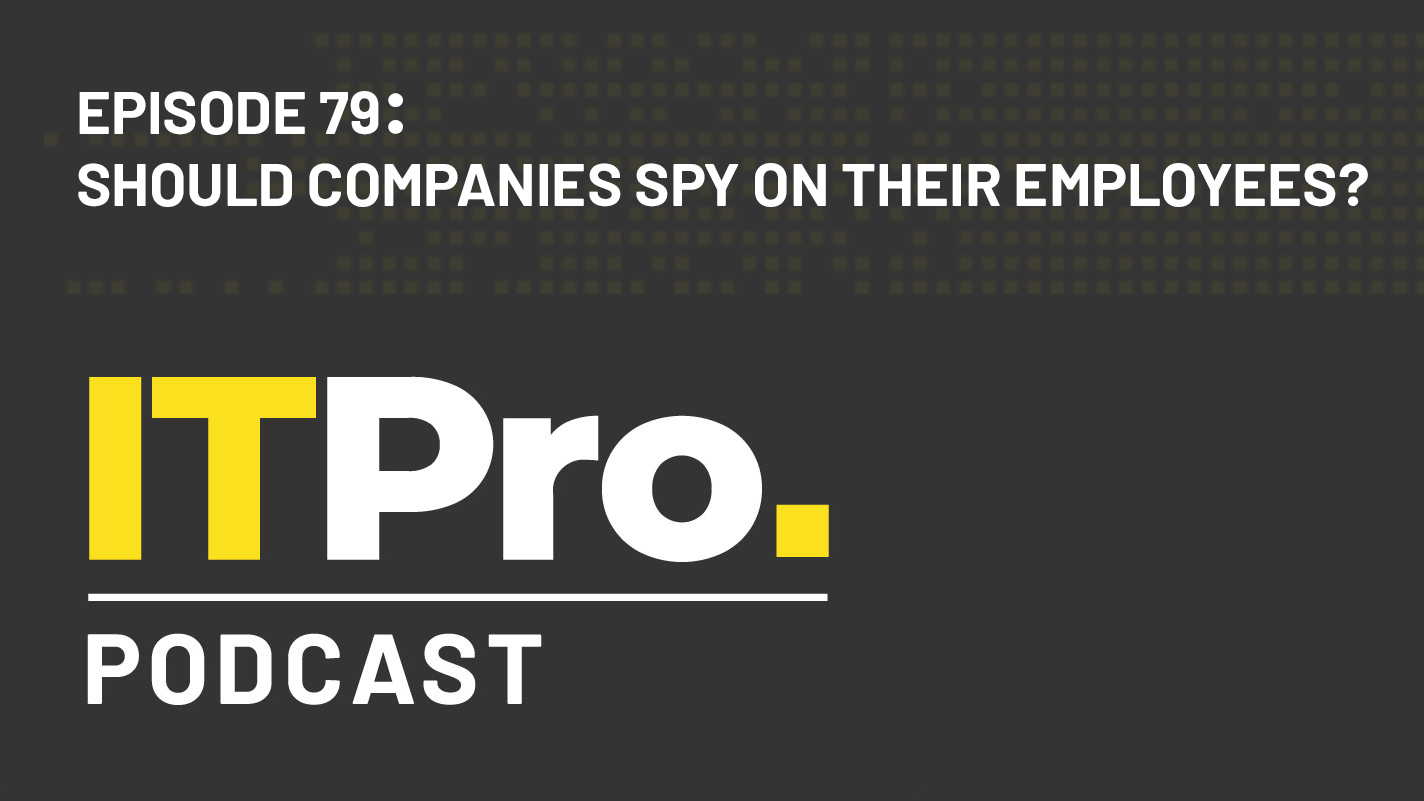 The IT Pro Podcast: Should companies spy on their employees?
The IT Pro Podcast: Should companies spy on their employees?IT Pro Podcast Where’s the line between security and surveillance?
By IT Pro
-
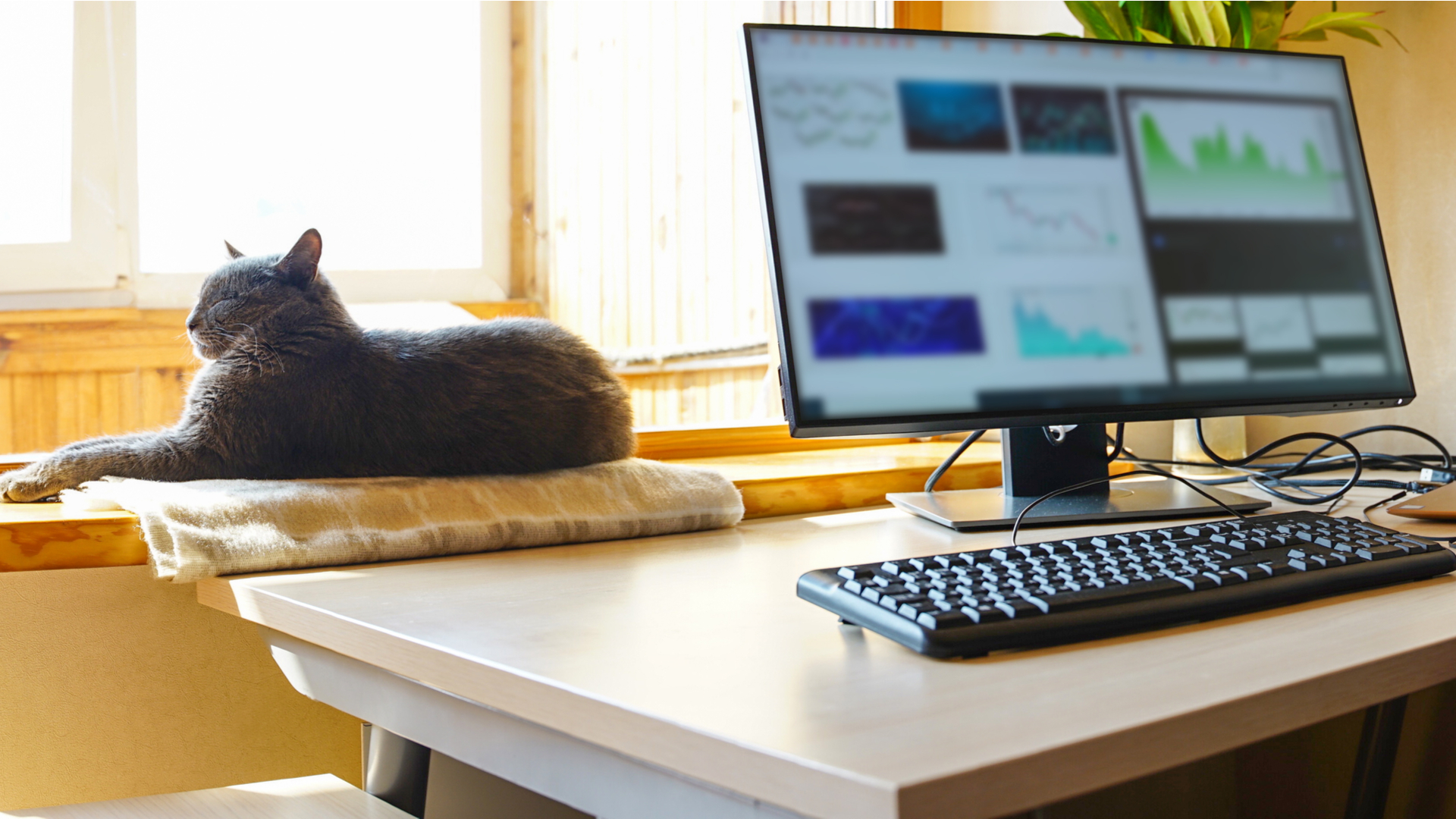 What are employers' responsibilities when we use personal tech to work from home?
What are employers' responsibilities when we use personal tech to work from home?In-depth With many more months of lockdown ahead of us, and workers reluctant to return to the office full time, it's time to think about roles and responsibilities
By Sandra Vogel
-
 What is the 'personalisation of IT'?
What is the 'personalisation of IT'?In-depth With millions of people using personal devices for professional purposes while working from home, consumerisation has entered a new phase
By David Howell
-
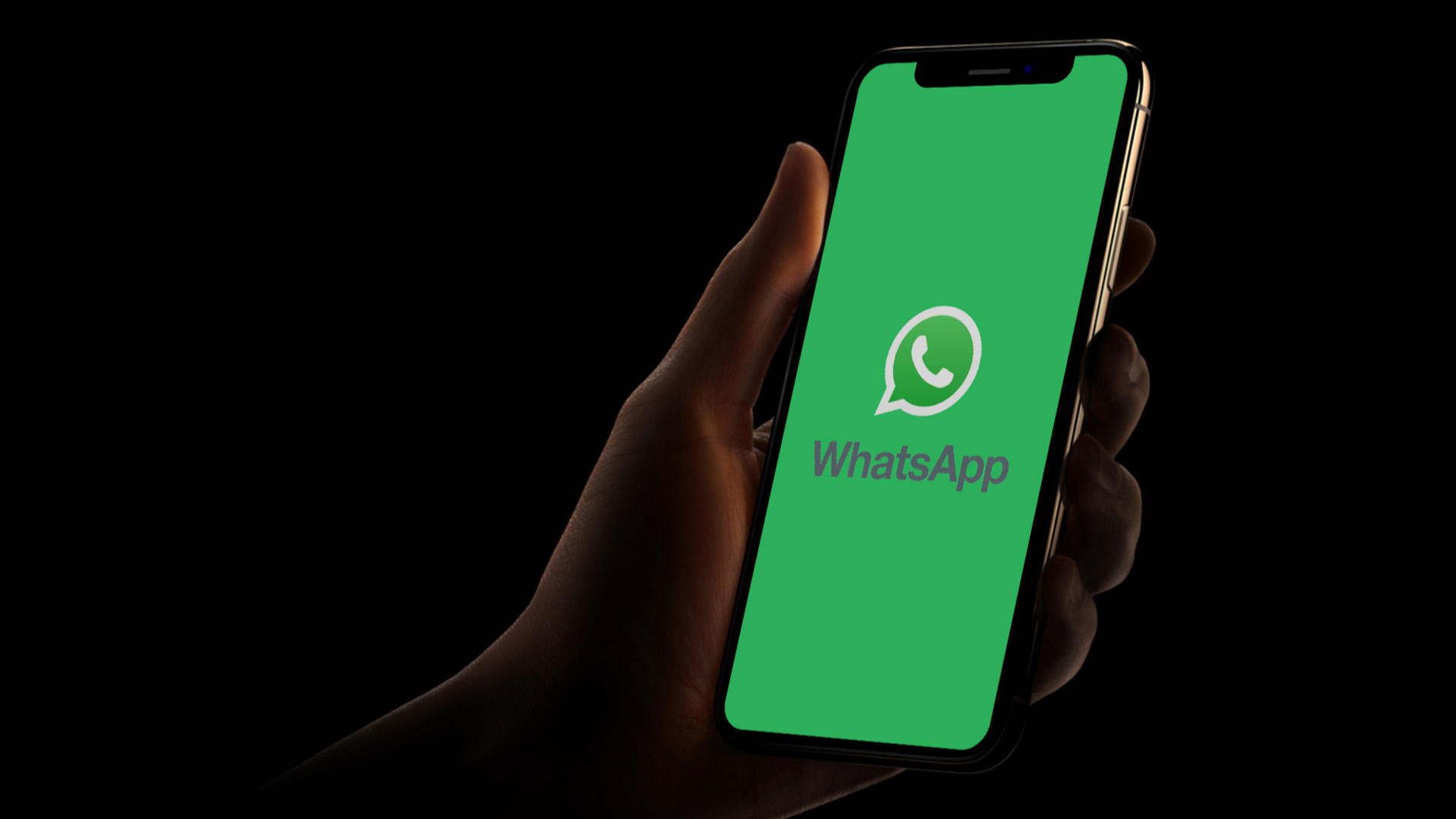 WhatsApp delays controversial privacy update for businesses
WhatsApp delays controversial privacy update for businessesNews Users were asked to share data with WhatsApp’s parent company Facebook in order to continue using the service
By Sabina Weston
-
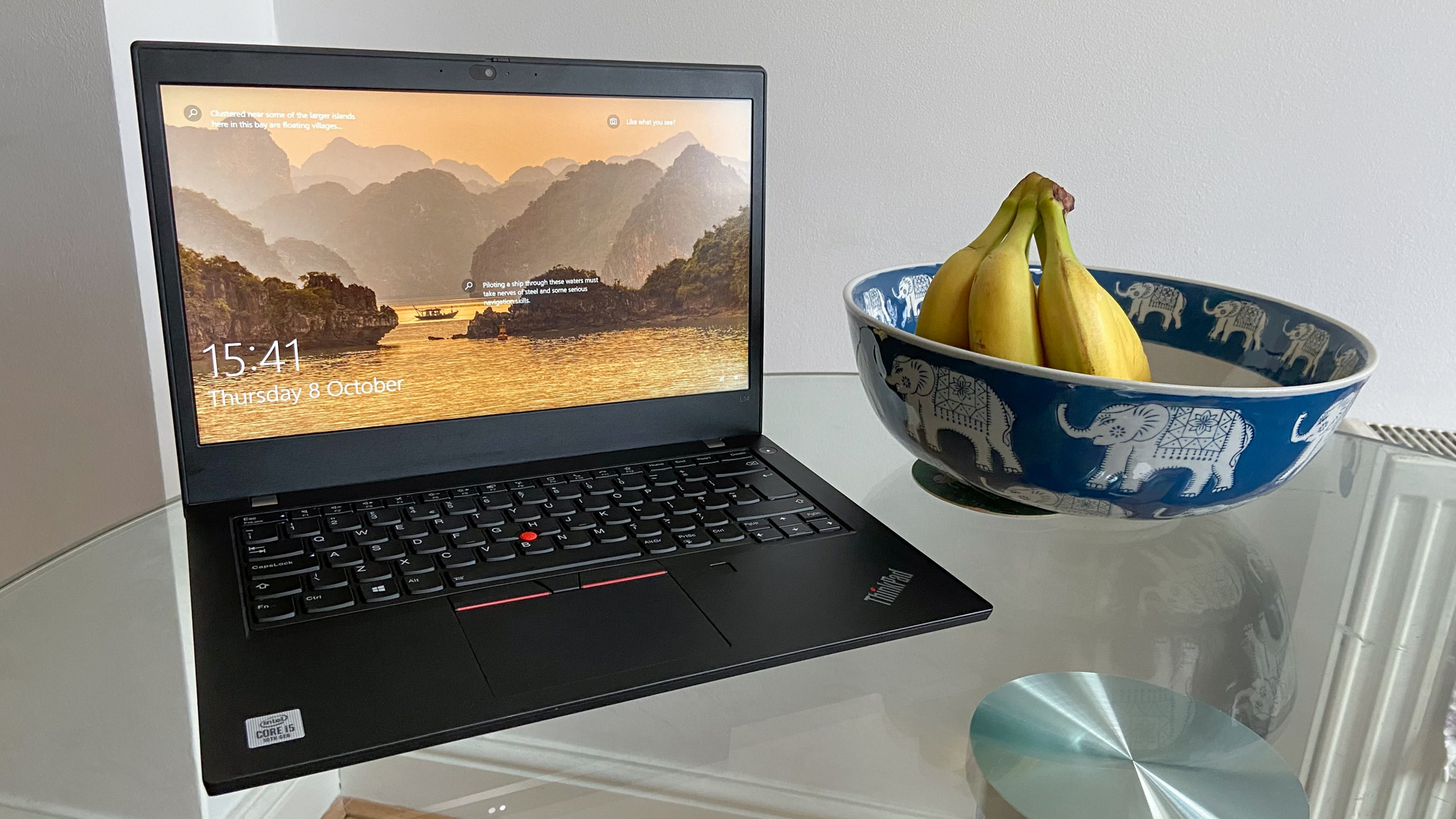 Lenovo ThinkPad L14 review: It’s not right but it’s okay
Lenovo ThinkPad L14 review: It’s not right but it’s okayReviews Pleasant enough for simple office tasks
By Sabina Weston
-
 The consumerisation of IT continues apace – here’s how your business can benefit
The consumerisation of IT continues apace – here’s how your business can benefitIn-depth BYOD may be a fact of business, but there are still more ways organisations can grow by embracing consumer tech
By Sandra Vogel